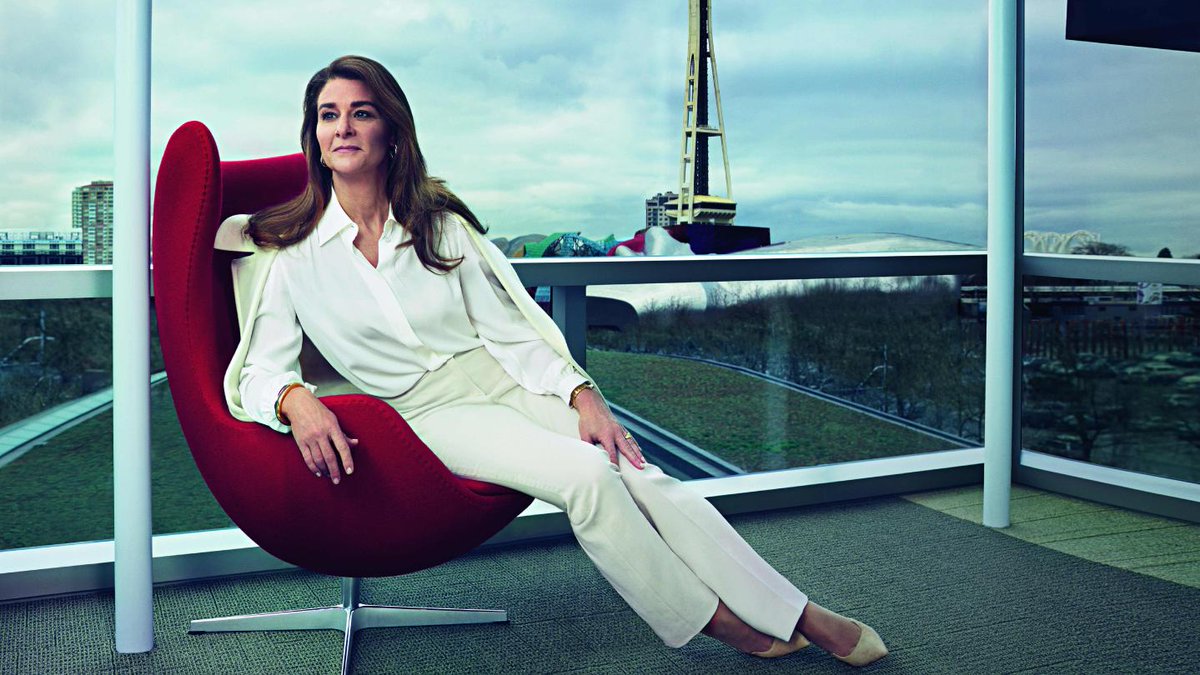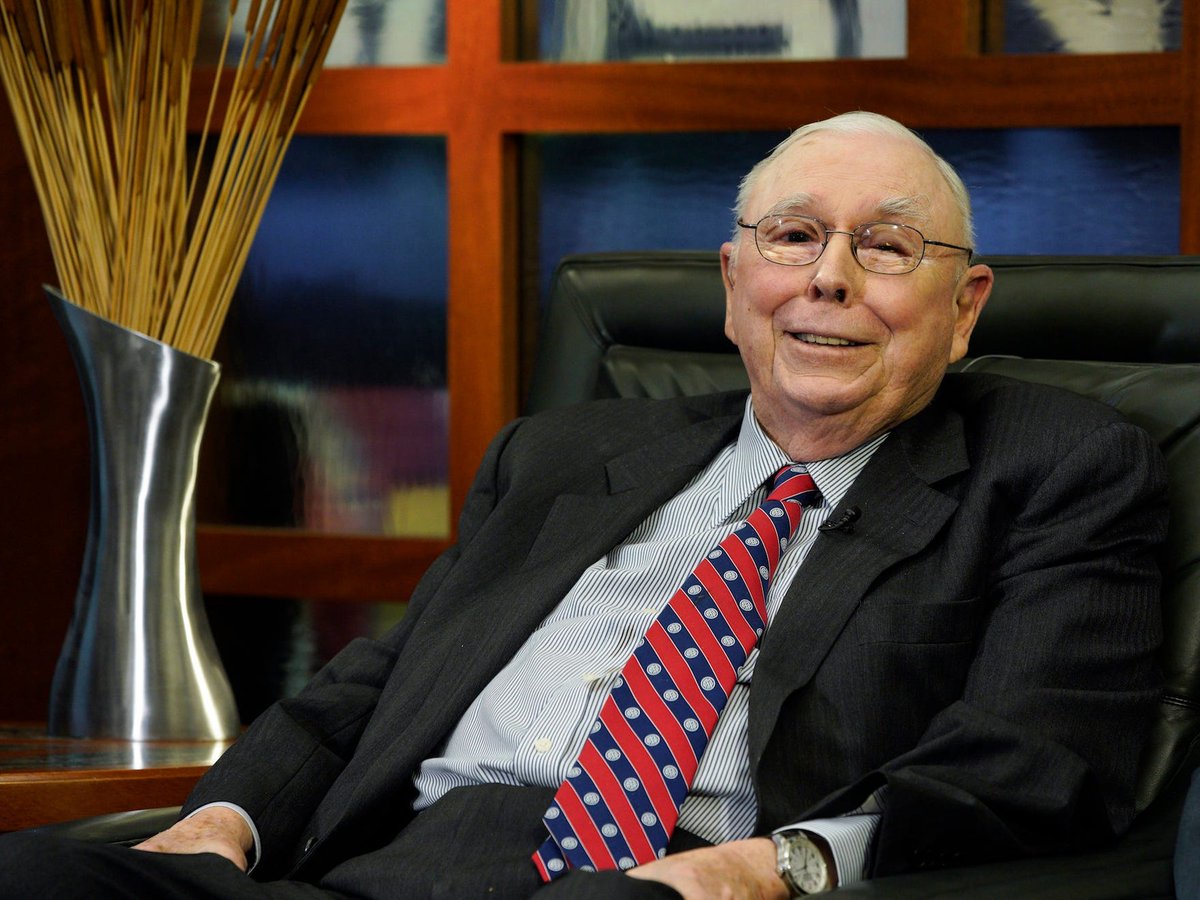
I recently got a chance to interview my friend and @WearAtoms co-founder @sidraqasim about her incredible journey from Pakistan to Silicon Valley.
Sidra's story is one of persistence & relentlessness, which will inspire you in an incredible way.
👇👇👇
Sidra's story is one of persistence & relentlessness, which will inspire you in an incredible way.
👇👇👇

Growing up in Okara, Pakistan, Sidra had audacious ambitions.
She had bold ideas, but society wanted her to get married.
She questioned gender inequality, but society wanted to quiet her voice.
She aimed to start a business, but society wanted her to stop wasting her time.
She had bold ideas, but society wanted her to get married.
She questioned gender inequality, but society wanted to quiet her voice.
She aimed to start a business, but society wanted her to stop wasting her time.
When she was a teenager, Sidra serendipitously met @waqasali while visiting her aunt's home.
He had lived in a nearby village, but he was equally curious.
More importantly, he respected and listened to Qasim's many ideas.
He had lived in a nearby village, but he was equally curious.
More importantly, he respected and listened to Qasim's many ideas.
Sidra and Waqas would become partners in business & in life.
They would start one company, then another, then another.
They would even get a chance to travel to the U.S. to pitch their idea to Y Combinator.
They did all of this with two tools — their brains & the internet.
They would start one company, then another, then another.
They would even get a chance to travel to the U.S. to pitch their idea to Y Combinator.
They did all of this with two tools — their brains & the internet.

Sidra and Waqas co-founded @WearAtoms, a sleek direct-to-consumer shoe startup, that has raised more than $8 million in funding from investors including @alexisohanian's Initialized Capital, @ShrugCap, and Kleiner Perkins. 

Sidra remembers:
"One time my father looked at me and my younger brother because we both had poor grades, and he said, 'You are not going to do anything in your life.'
"I said, 'Abu, one day, people will recognize you because of ~my~ name.'"
"One time my father looked at me and my younger brother because we both had poor grades, and he said, 'You are not going to do anything in your life.'
"I said, 'Abu, one day, people will recognize you because of ~my~ name.'"
This is @sidraqasim's story about her mind-blowing journey to entrepreneurship.
It details how she designed the life she wanted to live, how refused to give up time and time again, and why, after all these years of struggle, it's all been worth it.
theprofile.substack.com/p/sidra-qasim
It details how she designed the life she wanted to live, how refused to give up time and time again, and why, after all these years of struggle, it's all been worth it.
theprofile.substack.com/p/sidra-qasim
• • •
Missing some Tweet in this thread? You can try to
force a refresh





